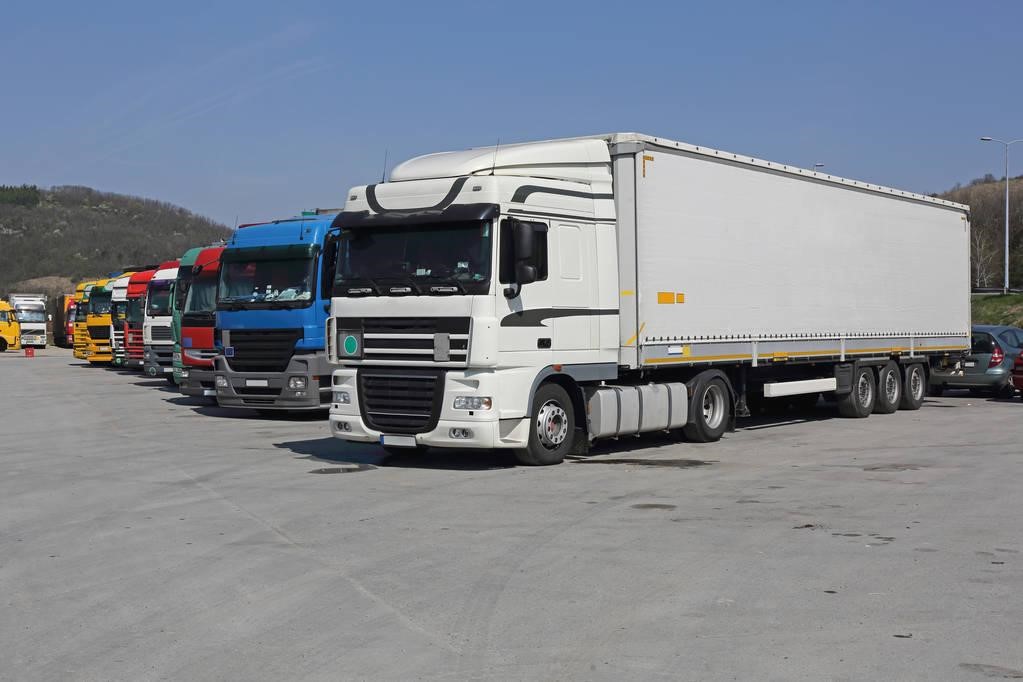Introduction:
The world of modern commerce has become increasingly interconnected with advancements in technology and global trade, and the importance of parcel freight logistics as a vital component of the supply chain system cannot be understated. Parcel freight logistics involves the transportation of goods from one place to another, whether it’s across town or across the world, through a complex and ever-evolving network. This industry’s objective is to deliver goods in a cost-effective and timely manner while providing essential services such as tracking and customer support. In this article, we will provide an overview of parcel freight logistics, its importance in the supply chain, and some key terms related to this form of transport.
Definition of Parcel Freight Logistics:
Parcel freight logistics is a complex shipping process that involves the coordination and organization of all components involved in the transportation of goods from one location to another. It includes carriers, shippers, receivers, and other stakeholders. Parcel freight logistics encompasses both local and international shipments.

The main goal of parcel freight logistics is to ensure that goods are delivered safely and on time to their destination. This goal requires parcel freight logisticians to coordinate multiple activities, such as arranging for pickup and delivery points, procuring necessary permits, selecting carriers, tracking shipments, dealing with customs clearance procedures, ensuring that all paperwork is in order, scheduling storage when necessary, and providing real-time status updates on shipment progress. All these activities combine to optimize transit times while minimizing costs associated with shipping goods.
Components of Parcel Freight Logistics:
Parcel freight logistics is a complex process that requires many components working together to ensure the efficient delivery of shipments. Although each company’s logistics process may differ depending on their specific needs and operational requirements, there are several key components common among all successful freight logistics systems.
The first component is an accurate inventory system. This system records data about the parcels being shipped, such as size and weight, along with other important information such as shipping address and contact details. This data is used by shippers to track shipments and determine pricing for customers. Additionally, it helps companies accurately plan routes for transportation so that they can minimize delays or disruptions in service while still delivering goods on time.
The second component is route optimization software, which uses algorithms to help shippers determine the most efficient route when sending out parcels based on factors like distance or cost savings. It can also help identify alternative routes if necessary due to traffic or other issues that could affect delivery times or costs associated with shipping services offered by carriers such as FedEx or UPS.
Thirdly comes tracking technology which allows shippers to monitor their shipments in real-time using GPS technology, ensuring that their customers always have the most up-to-date information about their parcel’s location and expected delivery time.
Finally, the customer service component of parcel freight logistics is critical. Providing excellent customer service involves everything from ensuring that customers have access to timely and accurate information about their shipments to resolving issues or complaints quickly and efficiently.
Challenges Associated with Parcel Freight Logistics:
While parcel freight logistics is an essential part of the business world, it can be a complex matter that presents several challenges that can make it difficult to manage the process effectively.
One major challenge facing parcel freight logistics companies is the increasing cost of transport in recent years. With fuel prices fluctuating wildly and infrastructure improvement projects ongoing, shipping costs have become increasingly expensive for businesses around the world. This has led some companies to look at alternative methods of transport such as rail or airfreight in order to reduce their costs while still delivering goods in a timely manner.
Another issue surrounding parcel freight logistics is regulatory compliance. Because these shipments involve crossing international borders, they must adhere to strict regulations imposed by governments around the world in order to avoid customs issues or delays during delivery. However, these regulations can vary widely depending on which countries are involved, and understanding how each country enforces its respective laws can be a complex task.

Conclusion:
In conclusion, parcel freight logistics plays an integral role in the modern supply chain, ensuring the efficient and timely delivery of goods from one location to another. The complexity of this industry requires careful planning and execution, involving various stakeholders, such as carriers, shippers, and receivers. To optimize transit times while minimizing shipping costs, parcel freight logisticians must coordinate multiple activities, including arranging pickup and delivery points, procuring necessary permits, selecting carriers, tracking shipments, dealing with customs clearance procedures, ensuring that all paperwork is in order, scheduling storage when necessary, and providing real-time status updates on shipment progress.
A successful parcel freight logistics operation requires the consideration of various factors, such as delivery time frames, geographical conditions, cost structures, and customer service levels when making decisions around transport options or carrier selection. While parcel freight logistics can be a complex matter, its benefits make it an increasingly popular shipping method for both individuals and businesses. It offers a variety of benefits, including cost savings, increased speed, and access to discounted rates for air cargo and other expedited methods. However, despite its benefits, there are also several challenges associated with parcel freight logistics, such as the increasing cost of transport and regulatory compliance. These challenges can make it difficult to manage the logistics process effectively. To overcome these challenges, businesses may need to consider alternative methods of transport or seek the assistance of logistics experts who specialize in this area.